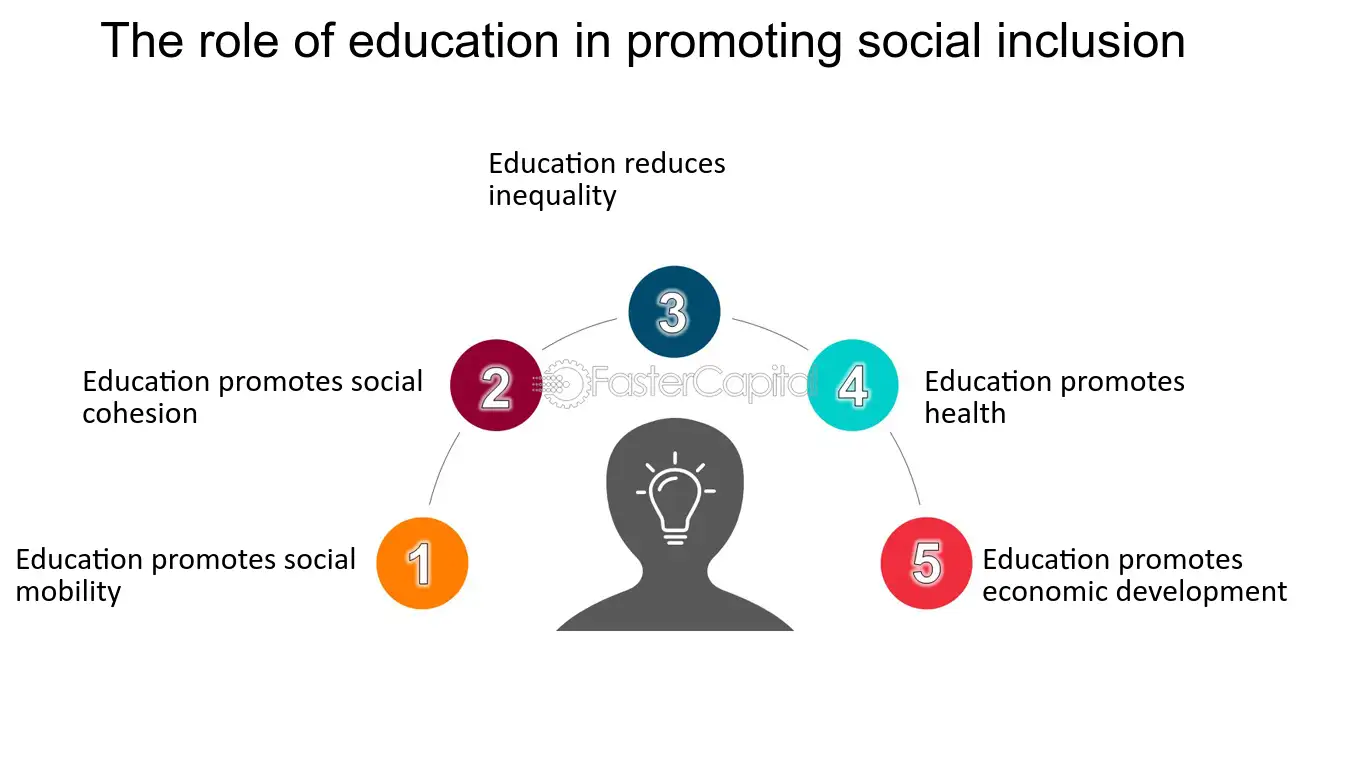The Transformative Power of Education in Social Mobility
Education stands as a fundamental pillar of society, not merely for its role in imparting knowledge and skills, but for its profound impact on social mobility—the ability of individuals to improve their socioeconomic status and achieve upward mobility. This article delves into the intricate relationship between education and social mobility, examining its mechanisms, challenges, success stories, and the evolving landscape in a globally interconnected world.
Defining Social Mobility
Social mobility refers to the movement of individuals or groups within a social hierarchy or stratification system. It encompasses upward or downward changes in socioeconomic status, influenced by factors such as education, occupation, income, and wealth accumulation.
The Role of Education in Facilitating Social Mobility
1. Equalizing Opportunity
-
Access to Education: Education serves as a gateway to opportunities, providing individuals from diverse backgrounds with access to knowledge, skills, and resources necessary for personal and professional growth.
-
Meritocracy: Educational meritocracy rewards talent, effort, and achievement, rather than socioeconomic status at birth, leveling the playing field for all students.
2. Empowerment and Skill Development
-
Human Capital: Education enhances human capital, equipping individuals with skills, competencies, and critical thinking abilities essential for success in a knowledge-based economy.
-
Lifelong Learning: Promotes continuous learning and adaptation to changing societal needs and economic demands throughout one's career.
3. Career Advancement and Economic Prosperity
-
Employment Opportunities: Higher levels of education correlate with increased employment prospects, earning potential, and access to stable, higher-paying jobs.
-
Economic Mobility: Education empowers individuals to break cycles of poverty, achieve financial stability, and accumulate wealth over generations.
4. Social and Cultural Capital
-
Social Integration: Education fosters social cohesion, bridging divides across diverse communities and promoting understanding, tolerance, and civic engagement.
-
Cultural Literacy: Provides exposure to diverse perspectives, histories, and ideas, enriching individuals' cultural literacy and global awareness.
Challenges and Barriers to Educational Mobility
1. Equity in Access
-
Socioeconomic Disparities: Economic barriers, lack of resources, and geographic disparities impact access to quality education, perpetuating inequality.
-
Educational Infrastructure: Inadequate facilities, overcrowded classrooms, and resource limitations in underserved communities hinder educational opportunities.
2. Educational Quality and Achievement Gaps
-
Achievement Disparities: Persistent achievement gaps based on race, ethnicity, socioeconomic status, and English proficiency challenge equitable educational outcomes.
-
Teacher Quality: Variations in teacher experience, training, and effectiveness contribute to disparities in educational quality and student achievement.
3. Affordability and Student Debt
-
Financial Burdens: Rising tuition costs, student loan debt, and limited financial aid options create barriers to higher education attainment, particularly for low-income students.
-
Return on Investment: Concerns over the economic value of education versus debt accumulation impact students' decisions regarding educational pursuits and career paths.
Success Stories and Models of Educational Mobility
1. Community-Based Initiatives
-
Early Childhood Education: Programs such as Head Start provide early intervention and support to children from disadvantaged backgrounds, setting a foundation for academic success.
-
College Access Programs: Nonprofit organizations and institutions offer mentoring, tutoring, and financial aid assistance to facilitate college readiness and enrollment.
2. Public Policy and Reform Efforts
-
Education Reform: Policies promoting equitable funding, accountability measures, and school choice options aim to improve educational outcomes and reduce achievement gaps.
-
Higher Education Accessibility: Expansion of need-based financial aid, tuition-free community college initiatives, and loan forgiveness programs enhance access to postsecondary education.
3. Global Perspectives
-
International Education Initiatives: Comparative studies highlight successful educational systems in countries prioritizing equity, teacher quality, and comprehensive student support services.
Future Directions and Opportunities
As education continues to evolve in response to technological advancements, demographic shifts, and global challenges, several opportunities emerge to enhance its role in promoting social mobility:
-
Digital Learning: Harnessing technology to expand access to educational resources, personalized learning experiences, and skill development opportunities.
-
Career and Technical Education: Integrating vocational training, apprenticeships, and industry partnerships to prepare students for high-demand careers and economic mobility.
-
Lifelong Learning: Promoting continuous education and upskilling through adult education programs, professional development initiatives, and learning pathways tailored to diverse learner needs.
Conclusion
Education serves as a transformative force, empowering individuals to transcend socioeconomic barriers, achieve upward mobility, and contribute meaningfully to society. By investing in equitable access, high-quality instruction, and supportive learning environments, we can amplify the impact of education in fostering social mobility and creating pathways to success for all learners. As we navigate the complexities of educational equity and opportunity, let us uphold the promise of education as a catalyst for change, equity, and empowerment—ensuring that every individual has the chance to realize their full potential and contribute to a more inclusive and prosperous global community. Together, we can build a future where education is not only a means of personal advancement but also a cornerstone of social justice and collective well-being.



add comment
please login to add or edit your comment
login nowpost comments
no comments added yet!